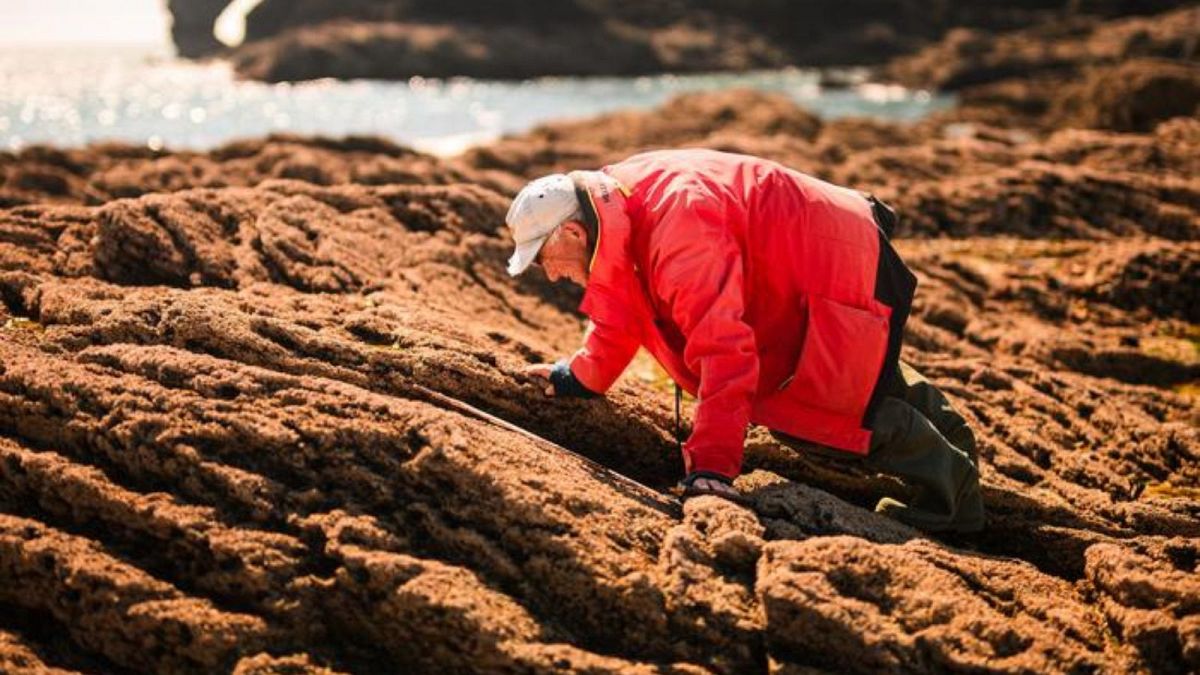

In an ever-changing world, the interplay between human and environmental dynamics constantly reshapes our understanding and response to global challenges. Insights from scientific predictions, innovative movement therapies, and pressing social issues offer a spectrum of perspectives that engage our collective consciousness.
Approximately 25 years ago, scientists projected various threats to our coastal areas, drawing attention to agricultural pollution, the proliferation of invasive species, and the overarching impact of climate change. Their foresight has guided current efforts to protect and preserve these crucial ecosystems. Recent assessments highlight both the accuracy and limitations of these early predictions, underscoring the necessity for adaptability and ongoing research in response to the complex nature of environmental challenges. While specific outcomes were accurately identified, others evolved differently due to unforeseen variables, reminding us of the importance of embracing uncertainty and fostering collaborative, forward-thinking solutions.
In the realm of health and well-being, a Brazilian movement practice rooted in tradition has shown promise in alleviating symptoms for individuals with Parkinson’s disease. Capoeira, a graceful blend of martial arts, dance, spirituality, and music, offers a holistic approach to physical and emotional healing. Participants engaging in this rhythmic exercise benefit from increased mobility, balance improvement, and an enhanced sense of community, illustrating the therapeutic potential of movement and social connection. As this practice gains popularity among diverse groups, it highlights the power of cultural heritage in addressing modern health challenges and fostering resilience.
The pressing issue of child malnutrition in Gaza has escalated, with reports indicating a doubling of rates since March. Political complexities have intensified the humanitarian crisis, making access to essential resources increasingly difficult. The ongoing conflict has disrupted food supplies, exacerbating the vulnerability of the region’s children. This dire situation calls for international cooperation and immediate intervention to alleviate suffering and restore stability. Cooperative efforts from global organizations can pave the way for effective relief and long-term solutions to reduce the impact of food insecurity.
In the world of athletics, the passing of Fauja Singh, the world’s oldest marathon runner, marks the end of an inspiring journey. At 114, Singh embodied the spirit of perseverance, having taken up running later in life as a means to overcome personal grief. His remarkable achievements and participation as a torchbearer in the 2012 London Olympics serve as motivational milestones, inspiring individuals across generations to pursue their passions regardless of age. Singh’s legacy reminds us of the profound influence of resilience and determination in achieving extraordinary feats.
An additional dimension of contemporary life is the ongoing management of water resources. In response to protracted dry conditions, Southern Water has implemented a hosepipe ban affecting approximately one million residents in Hampshire and the Isle of Wight. This measure reflects broader water conservation efforts across England, where several regions have introduced similar restrictions. Such proactive management highlights the importance of sustainable practices and collective responsibility in preserving vital natural resources amidst changing environmental patterns.
These snapshots of current events, from environmental efforts and health innovations to humanitarian challenges and personal triumphs, weave together a narrative of resilience, hope, and the ever-present opportunity for positive action. As we navigate the complexities of today, these stories invite us to reflect on our interconnected experiences and the profound potential for growth, adaptation, and compassion.
Source: {link}
